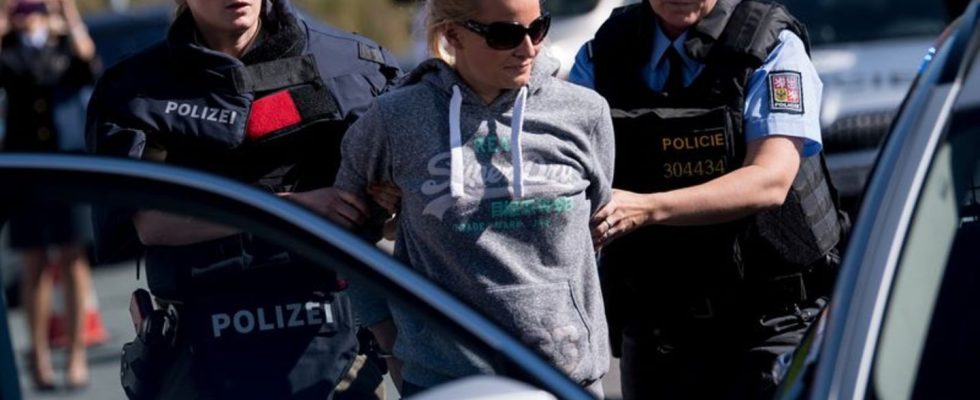Justice
EU for new procedures for cross-border crime
Bavarian and Czech police officers take part in a joint operational exercise in Furth in Wald (Bavaria). photo
© Sven Hoppe/dpa
Who is responsible for prosecuting cross-border crime? In the EU, the answer to this question has often been difficult. That should now change after an agreement.
They are intended to make it easier to identify the Member State best placed to deal with a case. At the same time, the aim is to avoid unnecessary parallel procedures, as the representation of the EU states announced.
According to the information, there are currently no regulations regulating the transfer of criminal proceedings. Instead, the member states must rely, among other things, on a European Convention on Mutual Assistance in Criminal Matters from 1959.
States have 60 days to decide
According to the agreement on Wednesday evening, the criteria for deciding on responsibility should now be the crime scene, but also the residence, whereabouts and nationality of the suspected or accused people. It will also take into account where most of the evidence relevant to the investigation or most of the relevant witnesses are located.
If a state is asked to take over a criminal case, it should generally make a decision on the request after 60 days. If prosecution is not possible in the case, for example due to a lack of national legal basis, the request should be rejected.
Suspects and victims are allowed to seek legal redress
According to the plans, suspects and accused persons as well as victims will have the right to appeal against a decision to accept the transfer of criminal proceedings. The deadline for this should be 15 days from the day of receipt of the decision to accept the transfer of criminal proceedings.
The background to the project is the increase in cross-border crime. According to the EU, the judiciary is therefore increasingly confronted with situations in which several Member States are responsible for prosecuting the same case. This applies in particular to crimes committed by organized criminal groups, it is said.
In order for the new rules to come into force, the agreement reached on Wednesday evening must be confirmed by the EU Council of Ministers and the plenary session of the European Parliament. The basis of the deal was a proposal from the EU Commission from last April.

